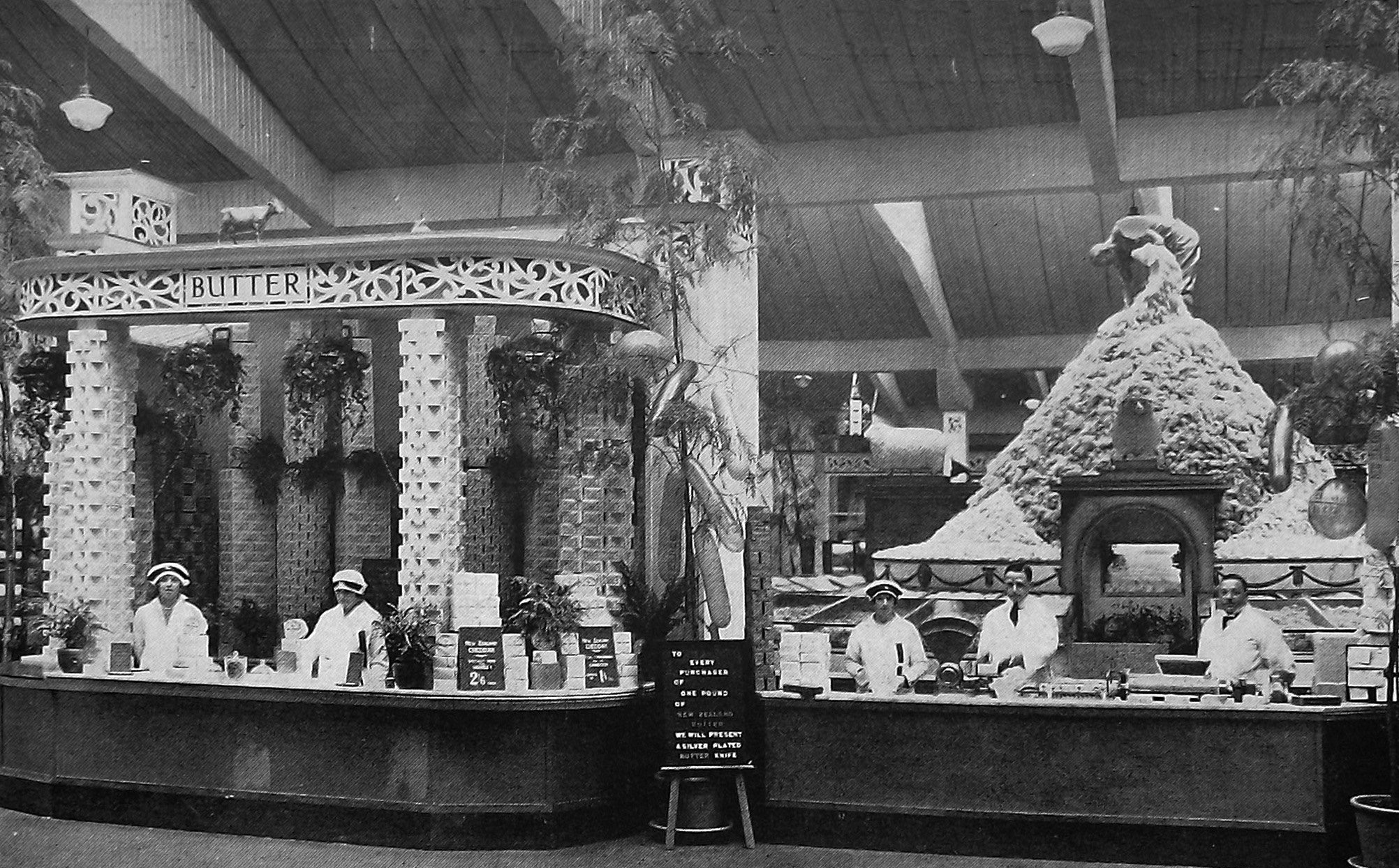

NZ inventor’s fuel gadget
The sale of the American rights of the Godward Vaporiser and the incorporation of the company is good news to those who have pinned their faith on Mr Godward being able to produce something that will be little short of revolutionary in the matter of motor running.
Fifteen years or more ago Mr Godward started experimenting with the idea of producing a vaporiser that would vaporise and deliver a perfectly dry gas to the engine and, from that time until the present, he has been working with that end in view.
Mr Godward is the first to produce a vaporiser that is adaptable to motor cars, stationary engines etc, that will vaporise gasolene, kerosene and distillate without leaving the slightest deposit, and the cheaper the grade of spirit used the more power is obtained.
A short description of the apparatus is as follows: It consists of a cylindrical vessel containing a series of thin metal plates rolled up in scroll form. The bottom of the vessel is adapted for coupling with the exhaust from which the heat is obtained. The petrol is introduced in the upper end of the vessel and is swirled round the plates by centrifugal force the lighter liquid fuel vaporising rapidly without the aid of heat, while the less volatile liquor is retarded and held in suspension on the walls of the plates until vaporised. If water gets in the petrol, it makes no difference, the heat being sufficient to deal with it.
Basket case settled
A complete agreement was arrived at yesterday in the Conciliation Council which sat to consider claims made by the Dunedin Federated Furniture Trades Industrial Union of Workers (wickerworkers’ section) for an award.
The employees asked that the minimum wage for journeymen wicker and (or) seagrass workers should be 2 shillings 3 pence an hour. The counter claim by the employers offered 2s 2d an hour, but it was decided to grant the extra penny. A 44-hours’ week was decided upon.
A clause by the employers in their counter claims — that the award should not apply to the manufacture of toys of a less value than 15s each, wholesale price, or to the manufacture of ladies’ handbaskets, was agreed to.
It was agreed that boys (other than those serving apprenticeships) should be allowed to do scrolls, plugging, and mottling in bamboo work, binding and plaiting in rattan work, seagrass and rush, and singeing and picking in basketware and wickerware, but the boys shall not be allowed to engage in other work pertaining to the trade. The minimum wage for such workers was fixed at 17s 6d a week for the first six months, £1 2s 6d for the second six months, £1 7s 6d for the third six months, £1 15s for the fourth six months, and £2 2s 6d for the fifth six months.
Overall reduction of territory
Under the Treaty of Versailles Germany renounced her sovereignty over the town and territory of Memel. The sovereignty of the territory is to be transferred to Lithuania. The total area is 945 square miles, with a population of about 150,000.
— ODT, 30.9.1925 (Compiled by Peter Dowden)











